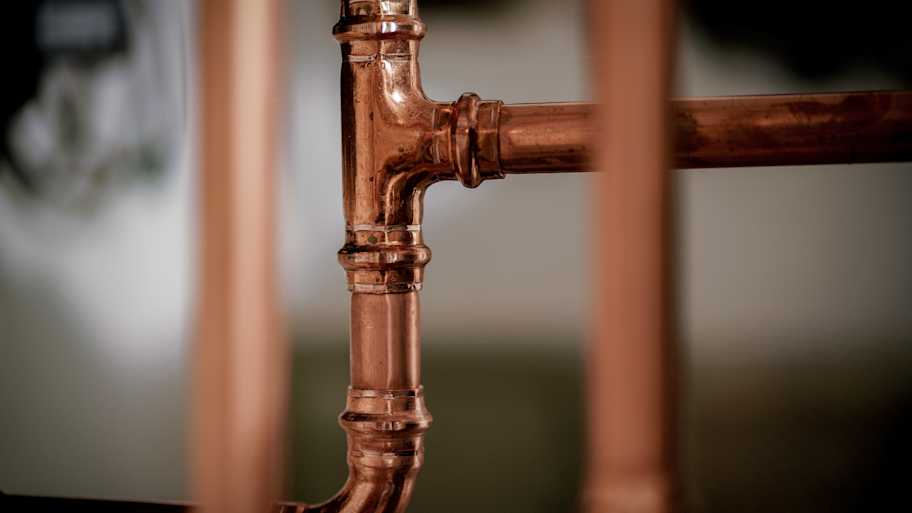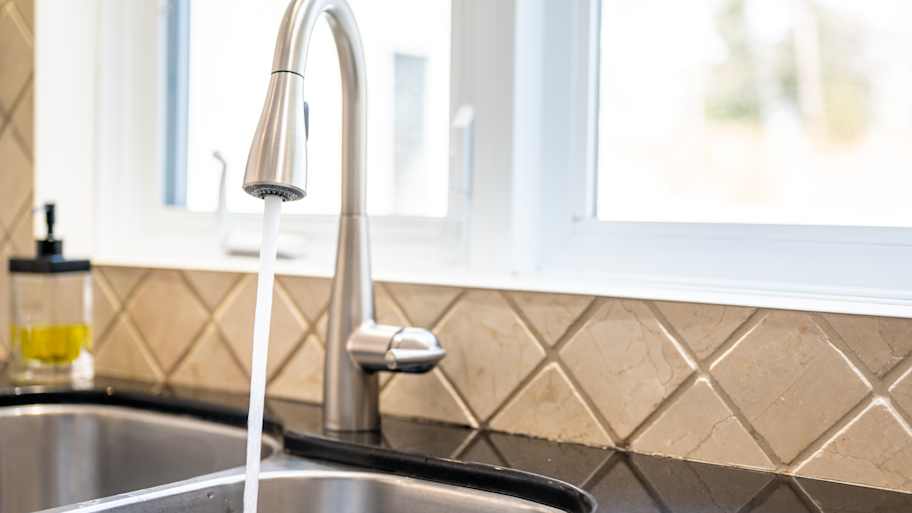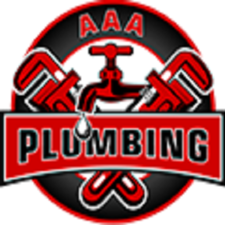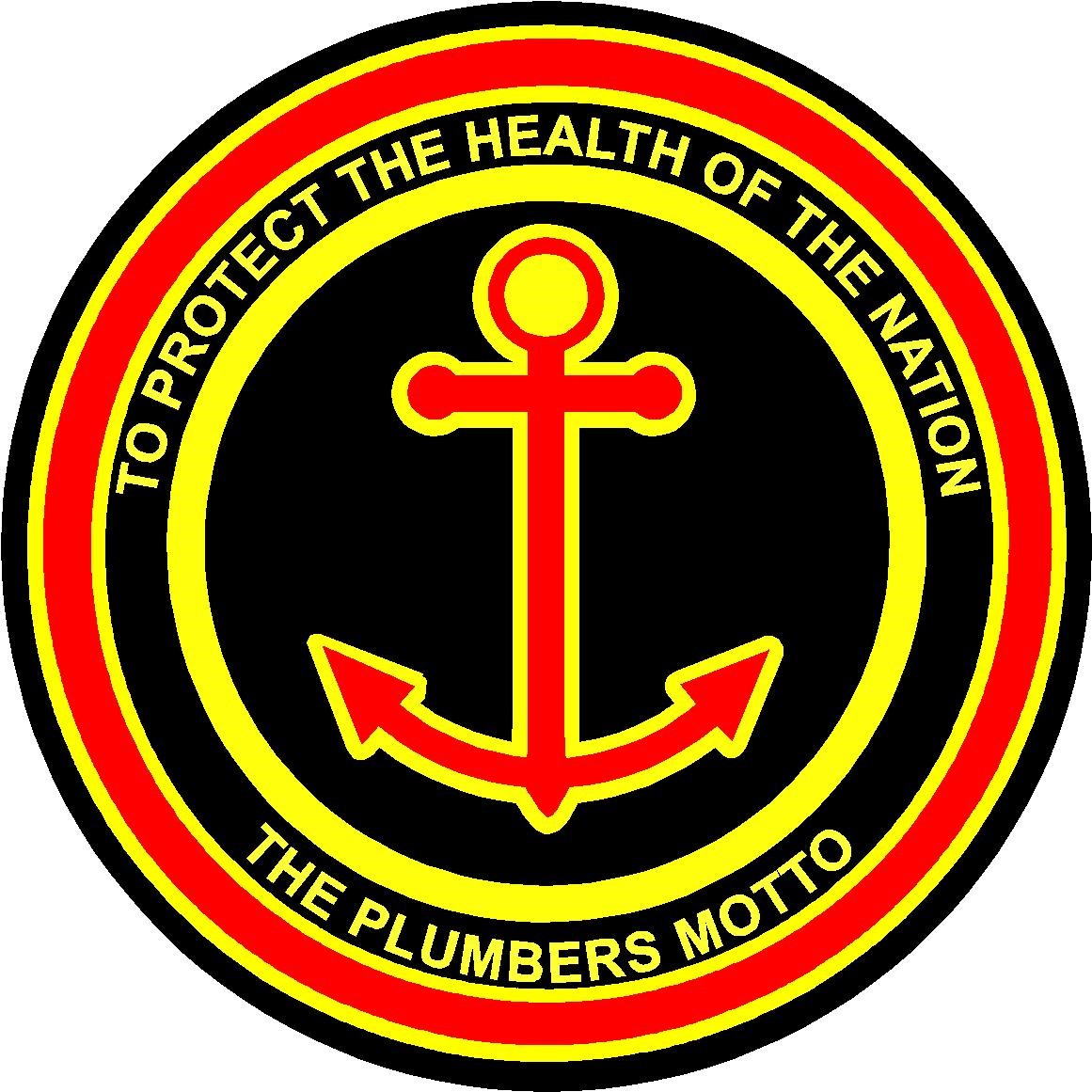
Get matched with top gas log pros in Wheeler, TX
Enter your zip and get matched with up to 5 pros
Need a pro for your gas log service project in Wheeler, TX?
Verified Reviews for Gas Log Service pros in Wheeler, TX
*The Angi rating for Gas Log Service companies in Wheeler, TX is a rating based on verified reviews from our community of homeowners who have used these pros to meet their Gas Log Service needs.
*The HomeAdvisor rating for Gas Log Service companies in Wheeler, TX is a rating based on verified reviews from our community of homeowners who have used these pros to meet their Gas Log Service needs.
Last update on November 20, 2025
Find Gas log pros in Wheeler
Wright's Air Conditioning, Inc.
Wright's Air Conditioning, Inc.
We are the oldest, most widely used business of this type in The Hunt County area. We have been providing quality service and installations for residential and commercial applications since 1945. Our customers always come first. 2015 will mark our 70th consecutive year in business.
We are the oldest, most widely used business of this type in The Hunt County area. We have been providing quality service and installations for residential and commercial applications since 1945. Our customers always come first. 2015 will mark our 70th consecutive year in business.
Hooten's Hardware
Hooten's Hardware
Special financing on Toro lawn products. Sales and service on Toro, Echo, Stihl, and Husqvarna. Master Case knife dealer - over 750 Case knives in stock
Special financing on Toro lawn products. Sales and service on Toro, Echo, Stihl, and Husqvarna. Master Case knife dealer - over 750 Case knives in stock
The homeowners guide to home care is here
From average costs to expert advice, get all the answers you need to get your job done.

A burst pipe is a homeowner’s worst nightmare—but you can get ahead of the potential expense. This guide will help you budget for burst pipe repair costs.

A main water shut-off valve controls water flow for your entire home. Here we break down the cost to replace a main water shut-off valve.

The cost to install a water line for refrigerators typically falls between $75 and $130 depending on the materials, labor, and equipment. Read on to learn more.

Pressure-assist toilets use pressurized air and water to whisk waste away, but you might think twice about purchasing one due to pressure-assist toilet problems.

The proper copper pipe size depends on the application and your home layout. Learn how to size copper pipes and what factors to consider when deciding.

Valves are essential for the safe and efficient flow of fluids. Compare a ball valve versus gate valve to choose the right one for your system.





